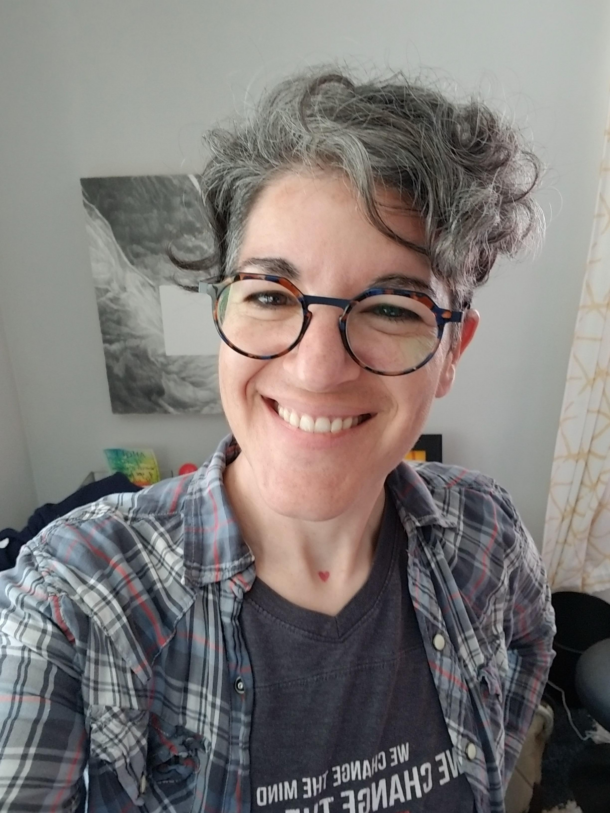You don’t have to skim too many lists of conversation-stirring questions before you run into one that goes something like, “If you could know the exact date of your death, would you choose to know?”
In my experience, a limited few will answer yes and their explanation is almost always pragmatic: Then I’d know how much to save and what I could spend; then I wouldn’t have to be afraid of things that might could kill me before then; that kind of thing.
Most folks, though, say no.
No makes more sense in the culture that we have inherited and continue to cultivate, a culture that admits to the realities of mortality but only in the abstract.
“It is true,” our culture seems to say, “that all living things will eventually perish. You know, abstract living things. Plants and other people’s distant aunts and the like.”
We might include our own grandparents in the mix, our own elderly neighbors. Our parents, too, but only when age or illness forces our hands.
To the best of our abilities, though, we lean into ignorance when it comes to the deaths of our peers, our friends, our cousins, our kids, and, most of all, perhaps, ourselves.
The question I’ve been pondering lately is: Is this a problem?
Which is to ask: Is the denial of our own deaths causing us additional suffering? Or is it, as our culture implicitly conveys, a relief of a big bad terrifying truth?
And to add: Is there a difference, perhaps, in the relative suffering of leaning into the realities of our mortality when we are hale and hearty versus when we are living with knowledge that brings our deaths into stark relief – a diagnosis, that is?
Here’s what I’ve got so far in this thought experiment…
To deny our deaths is to agree to at least two stories:
- That we are unable to adjust to this natural, inevitable, critical part of being alive, that to be alive means a before being alive and an after being alive.
- That a life fueled by the cognitive illusion of immortality is inherently a happier life than one informed more bluntly by the reality that it’s a time-limited adventure.
I think we’re selling ourselves short in both of those stories.
I’m certainly not alone in that thinking. There are Buddhist meditations on death; the Stoics have their memento mori; the Bhutanese believe that contemplating death is a key to happiness
Okay, that last one is a cheater example since Buddhism is the primary religion of Bhutan but you get my drift. And given how all major religions seem to share roots in contemplative practice, I’m guessing that if I did some digging, I’d find similar practices in Judaism, Islam, Christianity, Sikhism, and so on…
But the thing that really keeps me pondering this question – do we experience more or less suffering by acknowledging our mortality – comes in the form of an equation that I’ve shared before:
Pain x Resistance = Suffering
To imagine not being in this life, in this human form, in everything that we have consciously experienced – that’s some legit scary stuff. So scary that it was hard to write that sentence without a swear word or two.
That, my friend, is Pain, the part of the equation that can’t be factored out of a human life – or of any life, for that matter.
To resist that pain – to live into the quite comfy, I’ll admit, illusion of immortality – means to pass that suffering onto future us. To say to our future self, “Sorry, bub, this one is on you.”
In the rest of our lives, we practice for the real thing. Play rehearsals, studying for exams, exercising for swimsuit season, professional development, What to Expect When You’re Expecting, on and on.
And yet for this one glaring completely common, completely inevitable, we’re all heading there hopefully later than sooner, most of us prefer to show up fresh, as tabula rasa.
Then again, maybe that’s as good as it gets, to sequester that pain, that fear, that learning curve for when we can no longer avoid it.
I’ll continue to ponder; I’d love to hear your thoughts, too!
